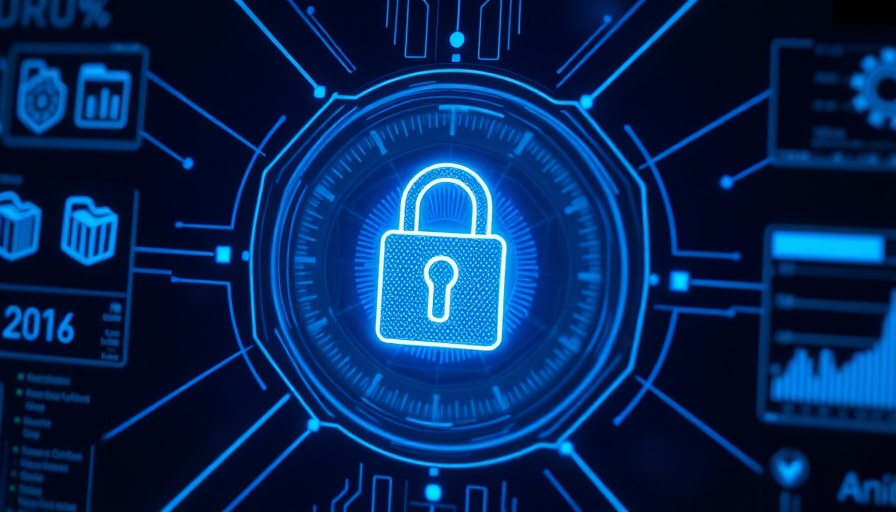
Understanding the Shift: The Quantum Revolution in Cybersecurity
The advent of quantum computing marks a pivotal transformation in the landscape of cybersecurity. As encryption methods that have long safeguarded sensitive information face unprecedented challenges, organizations must adapt to ensure the integrity of their data. Traditional encryption protocols, such as RSA and ECDSA, which rely on complex mathematical problems, could soon become obsolete due to the computational capabilities of quantum computers. Consequently, the launch of Encryption Consulting’s Post-Quantum Cryptography (PQC) Advisory Services is a significant step towards preparing businesses for this impending transition.
The Quantum Threat: What You Need to Know
With predictions indicating that quantum computers could break existing encryption by 2030, the time for action is now. This threat is exacerbated by techniques such as Harvest Now, Decrypt Later (HNDL) attacks, where adversaries collect encrypted data today, anticipating that future quantum capabilities will allow them to decrypt it effortlessly. This situation lays bare the urgency for organizations to begin implementing quantum-resistant encryption methods capable of thwarting potential breaches.
Pioneering a Proactive Approach Towards Quantum Safety
Encryption Consulting’s PQC Advisory Services aim to guide organizations through a structured transition to quantum-resistant protocols, offering a comprehensive framework encompassing assessment, planning, and implementation. The journey begins with a Quantum Threat Assessment, pinpointing specific vulnerabilities inherent within current encryption systems. By establishing a clear understanding of these risks, organizations can formulate a tailored strategy to strengthen their defenses.
The Next Generation of Security Algorithms
At the heart of this initiative lies the introduction of next-generation encryption standards, approved by the National Institute of Standards and Technology (NIST). These standards include FIPS-203 (CRYSTALS-Kyber), FIPS-204 (CRYSTALS-Dilithium), FIPS-205 (Sphincs+), and others specifically designed to withstand the formidable capabilities of quantum systems. Organizations adopting these algorithms will be better equipped to secure their data amidst the seismic technological shifts reshaping the industry.
Strategies for Quantum Readiness
Transitioning to quantum-resistant encryption isn't simply about adopting new technology. It requires a well-articulated Quantum Readiness Roadmap that outlines essential steps, such as aligning with industry regulations and establishing a flexible operating model. Encryption Consulting will assist organizations in creating phased milestones, significantly easing the integration of these advanced cryptographic solutions into existing infrastructures.
Building Compliance and Visibility through Quantum Agility
To support organizations throughout this transition, Encryption Consulting emphasizes the importance of crypto agility—a strategy that ensures ongoing resilience against evolving threats. This involves not just implementing new encryption standards but also establishing robust key management practices and governance frameworks. With the complexity of today’s cybersecurity landscape, leveraging advisory services presents a formidable advantage for organizations aiming to maintain compliance and visibility.
Why Organizations Must Embrace Change Now
As the quantum era looms closer, the stakes are higher than ever for organizations to fortify their cybersecurity infrastructure. The tools, techniques, and resourceful insights provided by Encryption Consulting’s PQC Advisory Services offer a unique opportunity to pivot towards a more secure future. Continuous education around quantum risks and vigilant adjustments in cybersecurity practices can significantly enhance an organization’s resilience against incoming threats.
As we stand on the precipice of this technological evolution, those who act now by adopting quantum-resistant measures will be better positioned to protect their data and maintain trust among clients and stakeholders. The question is no longer whether organizations will need to upgrade their encryption methods, but rather: Are they ready to embrace the change?
 Add Row
Add Row  Add
Add 




Write A Comment